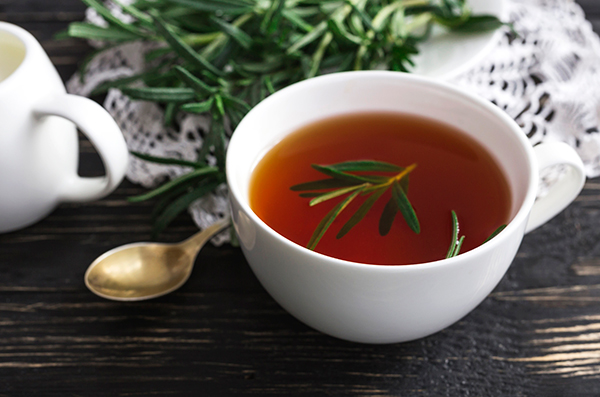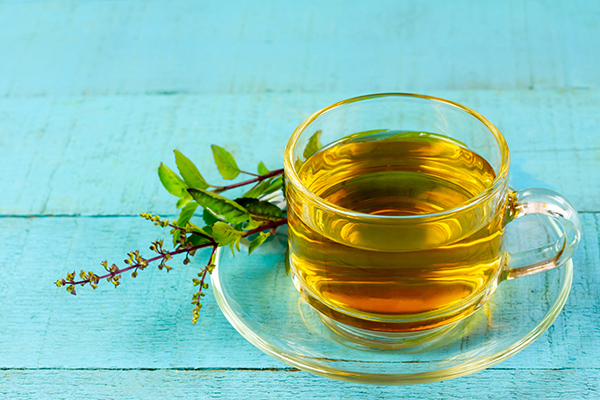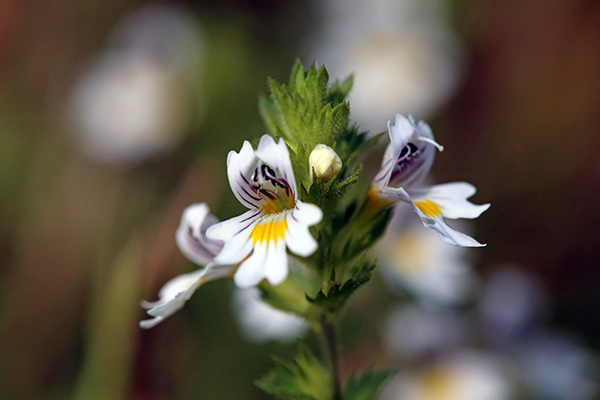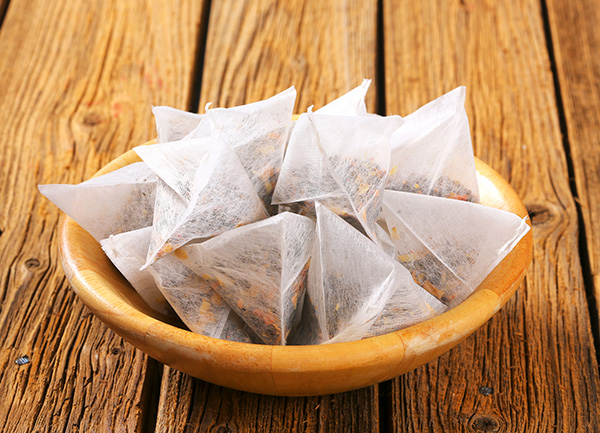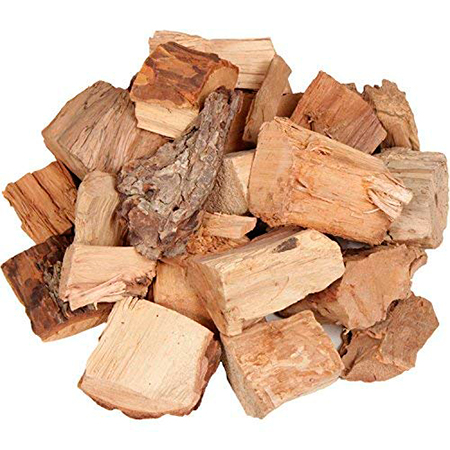What Is the Best Water for Brewing Tea?
The quality of water used to brew tea can significantly impact the flavor, aroma, and overall enjoyment of the beverage. In this article, we will explore the different types of water and their suitability for brewing the perfect cup of tea.
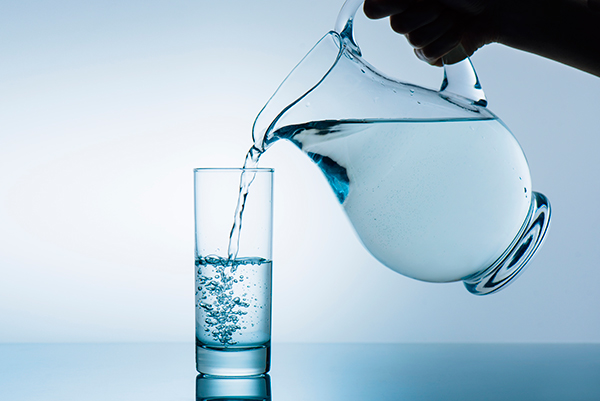
The Importance of Water Quality
Water is the primary ingredient in tea, making up over 98% of the final product. The quality of the water used for brewing will directly affect the taste and aroma of the tea. Impurities or minerals in the water can alter the natural flavors of the tea leaves, making it essential to use the best water possible for brewing.
Chlorine and Chemicals
Chlorine and other chemicals are commonly added to tap water to ensure it is safe for consumption. However, these additives can create an unpleasant taste and odor in tea. It’s essential to use water with minimal chlorine content to avoid negatively affecting the flavor of your tea.
Mineral Content
The mineral content of water can vary significantly depending on its source. High levels of minerals, such as calcium and magnesium, can lead to a hard water profile, which can negatively impact the taste of tea. On the other hand, water that is too soft can result in a flat, lifeless brew.
pH Level
The pH level of water can affect the flavor of tea. A balanced pH level between 6.5 and 8 is ideal, as it allows the tea to release its full flavor without becoming too acidic or too alkaline. Water with a pH level outside this range can make the tea taste bitter or metallic.
Total Dissolved Solids (TDS)
TDS refers to the total amount of minerals, salts, and organic compounds dissolved in water. A TDS value between 50 and 150 mg/L is considered ideal for tea brewing, as it provides a balanced mineral content without overpowering the tea’s natural flavors.
Types of Water for Brewing Tea
When it comes to brewing tea, not all water is created equal. Let’s explore the various types of water and their suitability for making the perfect cup of tea.
Tap Water
While tap water is easily accessible, it is often treated with chemicals and may contain high levels of minerals that can affect the flavor of your tea. If your tap water has a distinct odor or taste, it’s best to avoid using it for brewing tea. However, if your tap water is of high quality and free of impurities, it can be a suitable option.
Filtering Tap Water
If tap water is your only option, consider using a water filter to remove impurities and chemicals. Water filters can significantly improve the taste and odor of tap water, making it more suitable for brewing tea.
Bottled Water
Bottled water is often free of chemicals like chlorine and has a consistent mineral content, making it a good option for brewing tea. When choosing bottled water, look for brands with a balanced mineral profile, a clean taste, and a pH level between 6.5 and 8. It’s essential to avoid bottled water with high mineral content or added flavors, as these can negatively impact the flavor of your tea. Some popular bottled water brands for tea brewing include Volvic, Fiji, and Evian.
Spring Water
Spring water is an excellent choice for brewing tea due to its natural purity and balanced mineral content. The fresh, clean taste of spring water can enhance the flavors of the tea leaves, resulting in a superior cup of tea. When choosing spring water, look for a source with low mineral content, a TDS value below 150 mg/L, and a pH level between 6.5 and 8 to prevent any overpowering flavors.
Distilled Water
Distilled water is free of minerals and impurities, making it an ultra-pure option for brewing tea. However, its lack of minerals can result in a flat, dull taste. While distilled water may not be the best choice for brewing tea, it can be mixed with other water types to achieve a balanced mineral content.
Water Temperature and Brewing Time
The temperature of the water used to brew tea is just as crucial as its quality. Different types of tea require different brewing temperatures and times to extract the optimal flavor and aroma. Here are some general guidelines for water temperature and brewing time:
Green Tea
Water temperature: 160-180°F (70-82°C) Brewing time: 2-3 minutes
Black Tea
Water temperature: 190-205°F (88-96°C) Brewing time: 3-5 minutes
Oolong Tea
Water temperature: 185-205°F (85-96°C) Brewing time: 3-5 minutes
White Tea
Water temperature: 160-185°F (70-85°C) Brewing time: 2-3 minutes
Pu-erh Tea
Water temperature: 200-212°F (93-100°C) Brewing time: 3-5 minutes
Herbal Tea
Water temperature: 205-212°F (96-100°C) Brewing time: 5-7 minutes
Conclusion
The quality and type of water used to brew tea play a vital role in the final taste and aroma of the beverage. To achieve the best cup of tea, it’s essential to use water with a balanced mineral content, low levels of impurities, and an appropriate brewing temperature.
Experiment with different water types and follow proper brewing guidelines to find the perfect combination for your preferred tea.

